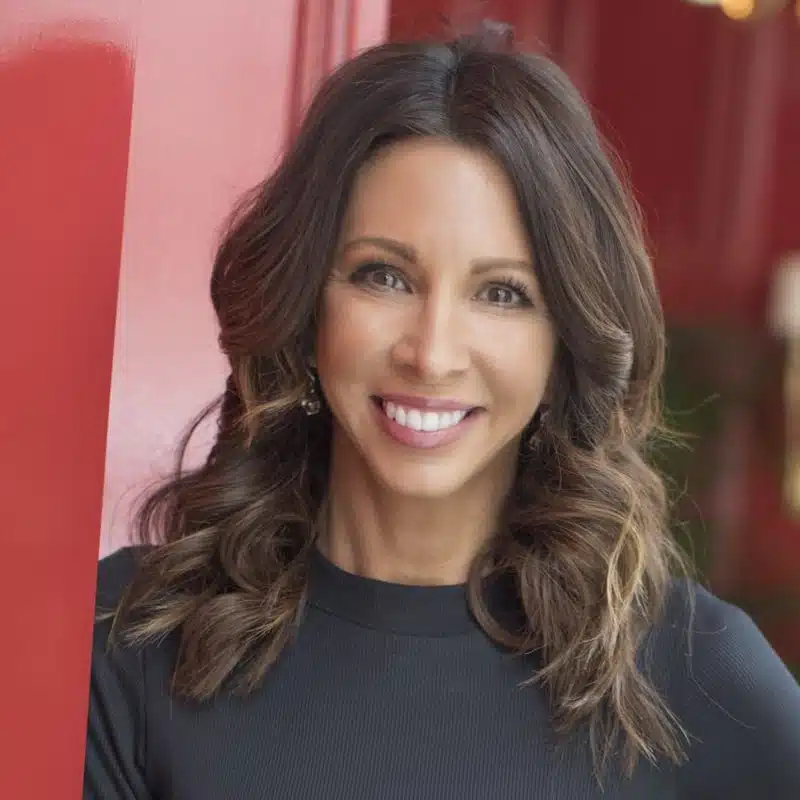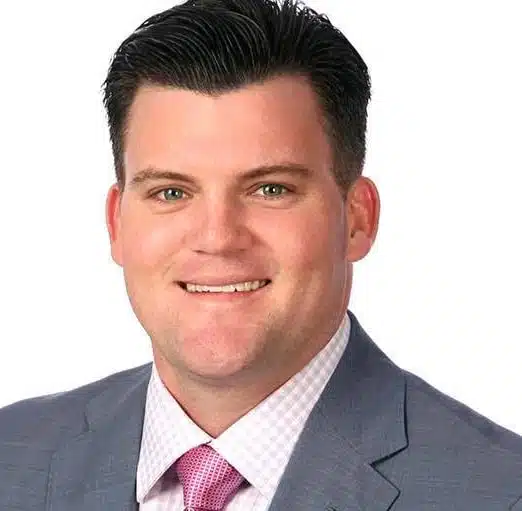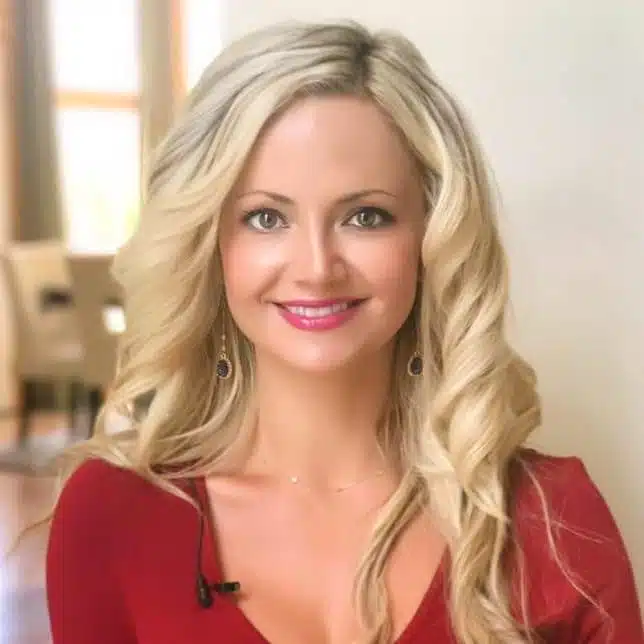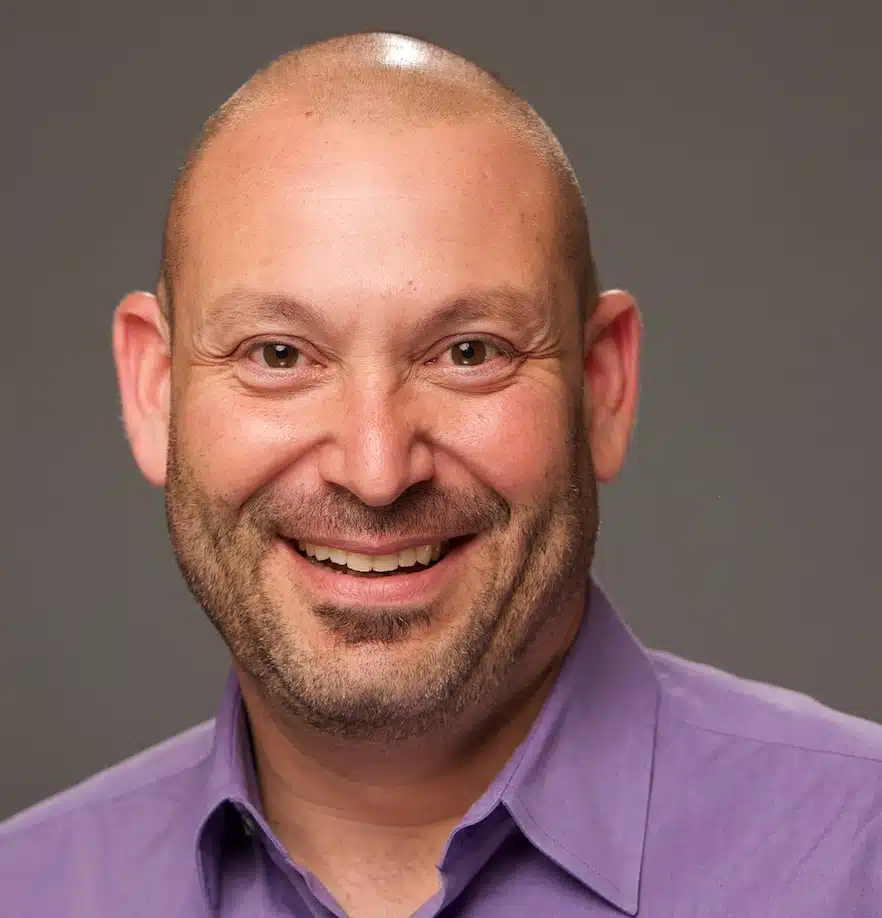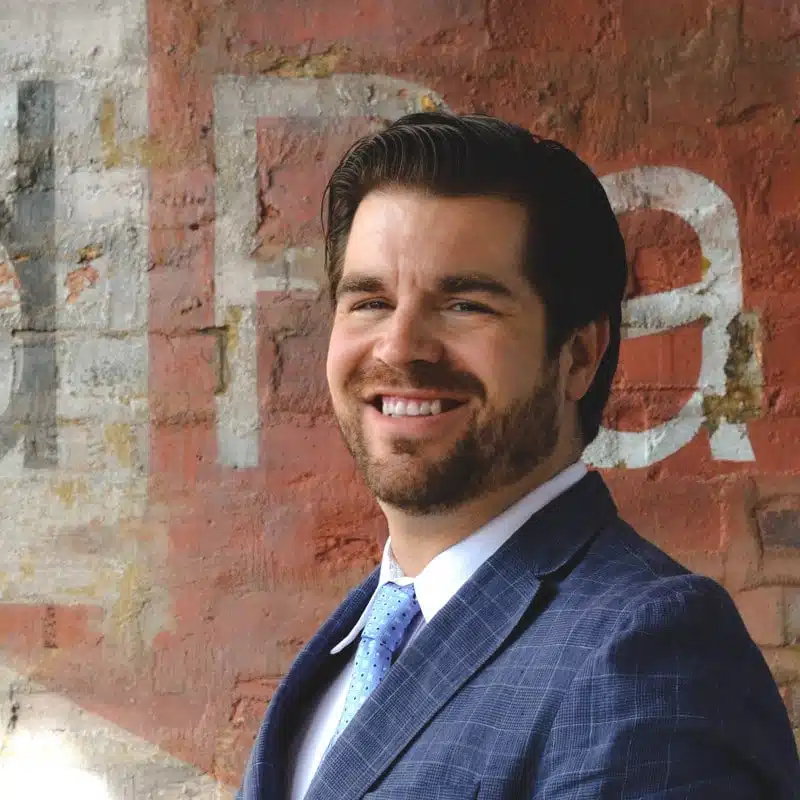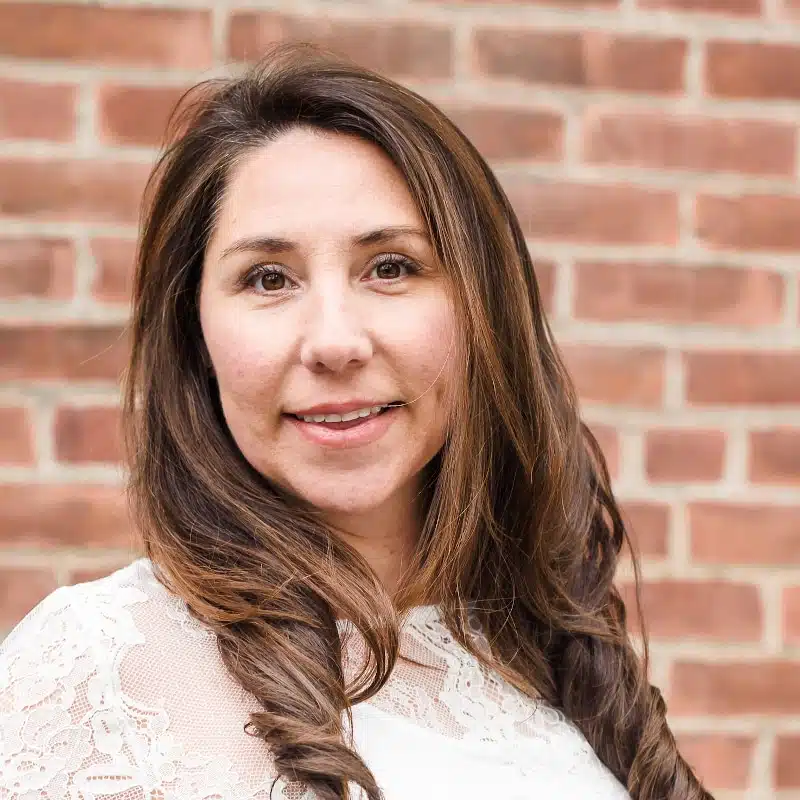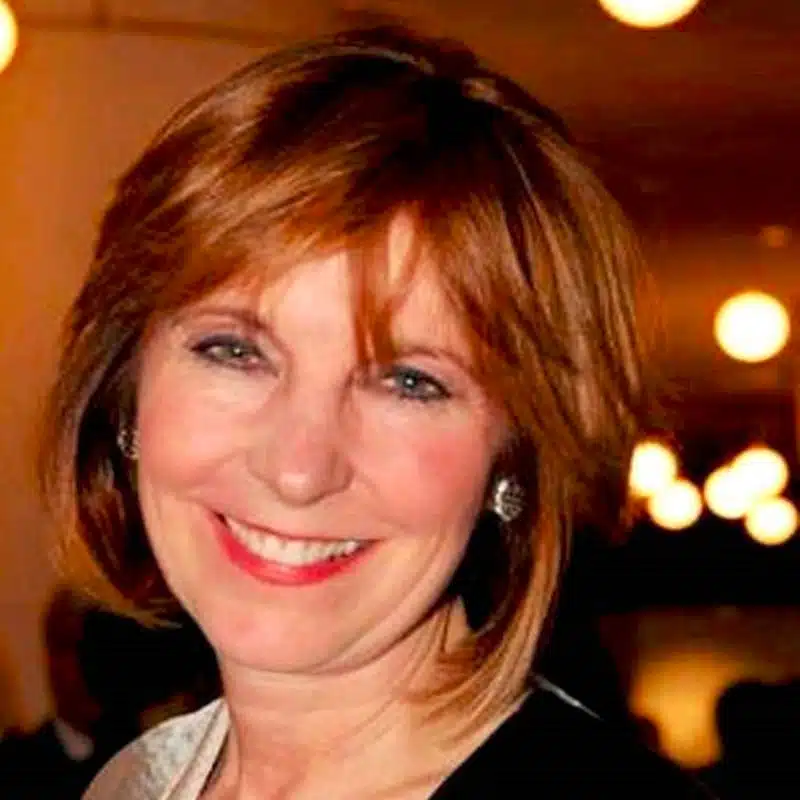In our July episode of Monday Market Minute with Carrie McCormick of @Properties provides an update on the current red-hot Chicago real estate market. She is seeing an increase in activity around suburban homes and provides advice on…
Talbot Sutter from Sutter & Nugent in Palm Beach County shares how he started his career in real estate as a young entrepreneur. Talbot believes that the key to success is to consistently rise before…
Welcome to our monthly feature, Social Bootcamp With Gogo Bethke! In this episode, Gogo discusses the importance of being consistently active in social media. She goes into detail about branding and how to view social media…
Welcome to the first episode of Fireside Chat with Facebook! Facebook’s Real Estate Team will be our featured guest on the podcast regularly to discuss tools that agents and brokers should learn and master in…
Welcome to the June episode of our Learn With A Lender series with Joel Schaub from Guaranteed Rate! In this episode Joel shares with us two strategies to help grow your business. He recommends hosting…
Carol Horsford from Farnam Group in New Haven is the most successful real estate agent in Connecticut with respect to leasing. In our conversation Carol shares why she focuses a majority of her business in…
Melinda Jakovich-Lagrange from Compass chats with us about her first experiences in real estate and how she built her impressive career over the past 26 years. She also talks extensively about the importance of giving…
Welcome to our newest monthly feature, Close-ing Time – in partnership with TheClose.com. In this episode Chris Linsell from The Close discusses how the reactions of COVID-19 and #BlackLivesMatter have affected and influenced the real estate…
Welcome to another episode of Coaching Moments With Ryan D’Aprile from D’Aprile Properties! In this episode Ryan discusses the importance of knowing your business and the specific steps agents need to take to develop this skill set…
Christine Nieva from Deausen Realty in Washington D.C. was just awarded NAR’s 30 under 30. In this episode Christine discusses how she shifted from a successful career as an O.R. nurse to a full-time real…

